Drinking Coffee After Drinking Alcohol. Dangers & Side Effects

Drinking coffee after drinking alcohol can be quite dangerous, despite it being a regular thing among folks.
Drinking alcohol is a popular pastime for many people, but it can have serious consequences when combined with other substances. One of the most common substances that people consume after drinking alcohol is coffee.
While coffee may seem like a harmless way to sober up or stay awake, it can be quite dangerous when consumed after alcohol.
In this blog post, we will explore the side effects and dangers of drinking coffee after drinking alcohol, so that you can make informed decisions about your health and safety.
Read Also Dental Caries: Symptoms, Treatment and Prevention
Table of Contents
How Alcohol Affects the Body
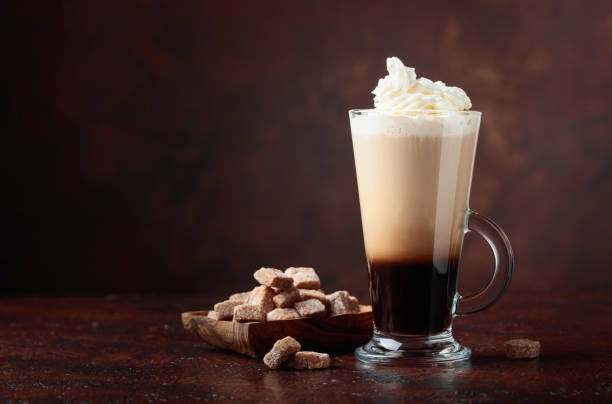
Alcohol is a common stuff we take during relaxation or partying. Understanding how alcohol is processed in the body and its effects on organs such as the brain will help people make better decisions about their alcohol consumption.
When alcohol is consumed, it is absorbed into the bloodstream through the stomach and small intestine. From there, it travels to the liver, which is responsible for processing the alcohol. The liver breaks down the alcohol into acetaldehyde, which is then broken down into water and carbon dioxide and eliminated from the body.
For you How Much Water Should You Drink a Day to Lose Belly Fat?
Effects of Alcohol on the Brain and Other Organs
While the liver is processing the alcohol, it also leaves negative effects on other organs in the body, including the brain.
Alcohol is a depressant that affects the central nervous system and can cause a range of effects on the brain, from mild impairment to loss of consciousness.
In the short term, alcohol consumption can impair judgment, coordination, and reaction time, which can increase the risk of accidents and injuries. In the long term, alcohol abuse can lead to liver disease, high blood pressure, and an increased risk of certain types of cancer.
In addition to the physical effects, alcohol can also have emotional and social effects on individuals and their relationships.
Heavy drinking can lead to job loss, financial problems, and legal issues, and can strain relationships with friends and family.
How Coffee Affects the Body

Coffee contains caffeine, a stimulant that affects the body in various ways.
Caffeine works by blocking adenosine, a neurotransmitter that helps regulate sleep and wakefulness. By blocking adenosine, caffeine increases alertness and can improve mental performance, which is why people who need to stay awake and focused use it a lot.
In addition to its effects on the brain, caffeine also affects other organs in the body. It increases heart rate and blood pressure, and in high doses, it causes anxiety, restlessness, and insomnia.
However, moderate coffee consumption has also been linked to several health benefits. Studies have shown that coffee can reduce the risk of developing certain types of cancer, including liver and colorectal cancer. It may also reduce the risk of type 2 diabetes, Parkinson’s disease, and Alzheimer’s disease.
Coffee can also have social and emotional benefits, such as providing a way for people to connect with others or take a break from work.
Dangers of Drinking Coffee After Drinking Alcohol
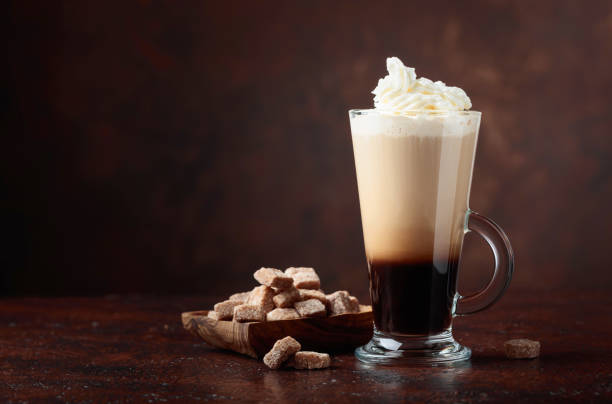
Drinking coffee after drinking alcohol is a common practice for many people, but it can be quite dangerous. Combining caffeine with alcohol can have negative effects on the body and increase the risk of several health problems.
When consumed together, coffee and alcohol can lead to dehydration.
Alcohol is a diuretic that increases urine output and can cause dehydration, while caffeine is a stimulant that can further dehydrate the body. Dehydration can lead to headaches, dizziness, and other unpleasant symptoms.
In addition to dehydration, combining coffee and alcohol can also lead to an increased heart rate. Alcohol is a depressant that slows down the central nervous system, while caffeine is a stimulant that can increase heart rate and blood pressure. This combination can put extra strain on the heart and increase the risk of cardiovascular problems.
Furthermore, Drinking coffee after drinking alcohol can lead to overstimulation of the central nervous system. This can cause restlessness, anxiety, and insomnia, making it difficult to fall asleep and get the rest needed for the body to recover.
The negative effects of Drinking coffee after drinking alcohol also affect mental performance and judgment, increasing the risk of accidents and injuries.
Side Effects of Drinking Coffee After Drinking Alcohol
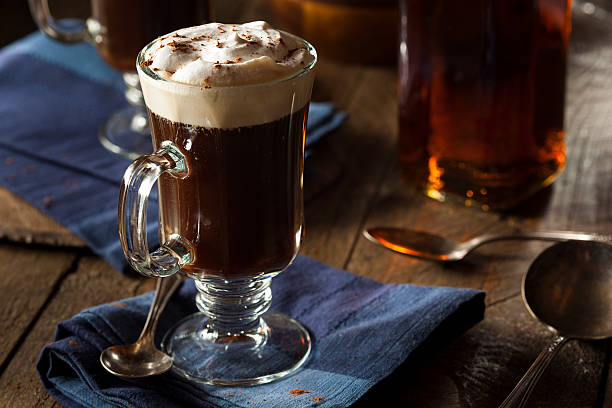
Drinking coffee after drinking alcohol can lead to several unpleasant side effects. These side effects can range from mild to severe and can have negative effects on both physical and mental health.
One of the most common side effects of drinking coffee after drinking alcohol is anxiety. The stimulant effects of caffeine can worsen feelings of anxiety and restlessness, which can be especially uncomfortable after consuming alcohol.
Restlessness is another side effect of drinking coffee after drinking alcohol. The combination of caffeine and alcohol can overstimulate the central nervous system, leading to a feeling of restlessness and making it difficult to relax.
Insomnia is also a common side effect of drinking coffee after drinking alcohol. Both caffeine and alcohol can disrupt sleep, and when consumed together, they can make it difficult to fall asleep and stay asleep. This can lead to fatigue, irritability, and other negative effects on mental and physical health.
Drinking coffee after drinking alcohol can affect the quality of sleep. While alcohol can make a person feel drowsy and sleepy, it can disrupt the quality of sleep, leading to poor sleep quality and feeling unrested upon waking up. Adding caffeine to the mix can further worsen the quality of sleep, leaving a person feeling more fatigued the next day.
Does coffee help remove alcohol from your system?
No, drinking coffee after drinking alcohol does not help remove alcohol from your system.
Alcohol is primarily metabolized by the liver at a rate of approximately one standard drink per hour. Coffee does not speed up this process and it does not enhance the liver’s ability to metabolize alcohol.
While caffeine in coffee may make you feel more alert, it does not reduce the concentration of alcohol in your blood. The only way to sober up is to wait for the body to metabolize the alcohol, which can take several hours depending on how much alcohol was consumed.
Drinking coffee after drinking alcohol does not make it safe to drive or operate heavy machinery.
What alcohol goes well with coffee?
1. Irish whiskey
Irish coffee is a classic combination of coffee, Irish whiskey, sugar, and whipped cream. The smooth and slightly sweet flavour of the whiskey complements the bitterness of the coffee, while the whipped cream adds a creamy texture.
2. Kahlúa
Kahlúa is a coffee liqueur that is made from coffee beans, rum, and sugar. Adding a shot of Kahlúa to a cup of coffee creates a rich and slightly sweet drink that is perfect for sipping after dinner.
3. Brandy
Brandy is a type of spirit that is made from distilled wine. Adding a shot of brandy to coffee creates a warming and slightly spicy drink that is perfect for cold winter nights.
4. Amaretto
Amaretto is an almond-flavoured liqueur that pairs well with coffee. Adding a shot of amaretto to coffee creates a nutty and slightly sweet drink that is perfect for dessert.
4. Bailey’s Irish Cream
Bailey’s is a creamy, sweet liqueur that is made from Irish whiskey, cream, and cocoa. Adding a shot of Bailey’s to coffee creates a rich and indulgent drink that is perfect for brunch or dessert.
5. Rum
This is a spirit made from sugarcane or molasses and has a sweet and slightly spicy flavour. Adding a shot of rum to coffee creates a warm and comforting drink that is perfect for a cosy night in.
6. Grand Marnier
Grand Marnier is a type of orange-flavoured liqueur that is made from a blend of Cognac brandy, distilled essence of bitter orange, and sugar. Adding a shot of Grand Marnier to coffee creates a sweet and citrusy drink that is perfect for brunch or after dinner.
What can I eat to mask the smell of alcohol?
- Citrus fruits: Eating foods like lemons, oranges, or grapefruits may help mask the smell of alcohol as they contain high amounts of citric acid which help dismiss odours.
- Mint: Chewing on mint leaves, or eating foods that contain mints, such as gum or candy, may help to mask the smell of alcohol as it has a strong, fresh scent.
- Yoghurt: Consuming yoghurt or other dairy products can help to reduce the smell of alcohol as they contain probiotics that can help eliminate odours.
- Spices: Eating foods that contain strong spices like ginger, cumin or cardamom, can help mask the smell of alcohol as they have a strong scent that can overpower the smell of alcohol.
- Water: Drinking plenty of water can also help to mask the smell of alcohol as it can help to dilute the alcohol in your system and reduce the odour on your breath.
How long can you smell alcohol on someone?
Alcohol can be detected on someone’s breath for up to 24 hours after drinking, although this can vary depending on the individual. If a person drinks heavily, the smell of alcohol may be detectable on their breath for longer periods, sometimes up to 48 hours or more.
The smell of alcohol on someone’s breath does not necessarily indicate that they are still intoxicated. A person may still have alcohol in their system even after the smell has dissipated, and it is not safe to drive or engage in other activities that require coordination until the effects of the alcohol have completely worn off.
What is the fastest way to eliminate alcohol?
The liver processes alcohol at a fixed rate of about one standard drink per hour.
drinking coffee after drinking alcohol does not totally diminish the smell of alcohol from your breath. Here are a few tips that may help:
- Time: The most effective way to eliminate alcohol from your body is to give your liver enough time to process it. The liver typically takes about one hour to metabolize one standard drink, so the best thing to do is to wait it out and give your body enough time to eliminate the alcohol naturally.
- Hydration: Drinking water or other non-alcoholic fluids can help to speed up the metabolism of alcohol and reduce its effects. Alcohol is a diuretic, which means it can dehydrate the body, so drinking water can help to counteract this effect and reduce the concentration of alcohol in the blood.
- Exercise: Physical activity can help to speed up the metabolism of alcohol by increasing blood flow and oxygenation to the liver. However, it’s important to note that exercising while under the influence of alcohol can be dangerous, so it’s best to wait until you are sober before engaging in any physical activity.
- Eating: Eating a meal or a snack before or while drinking can help to slow down the absorption of alcohol into the bloodstream and reduce its effects. Food can also help to provide the body with the nutrients it needs to metabolize alcohol more efficiently.
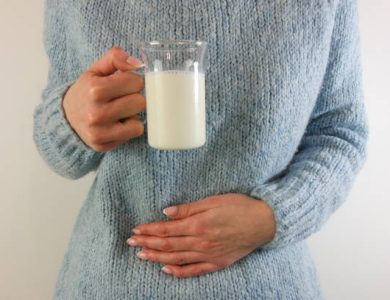
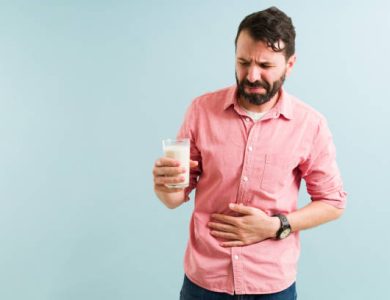

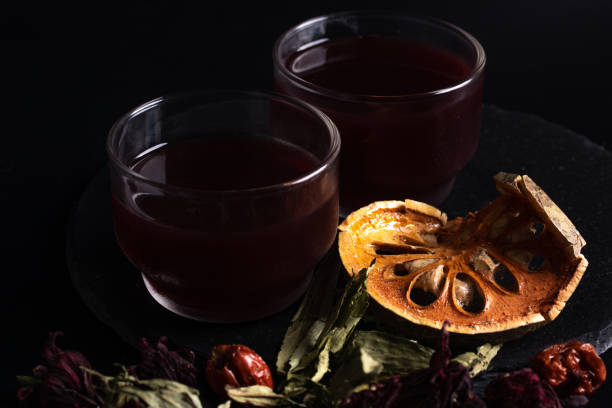
4 Comments